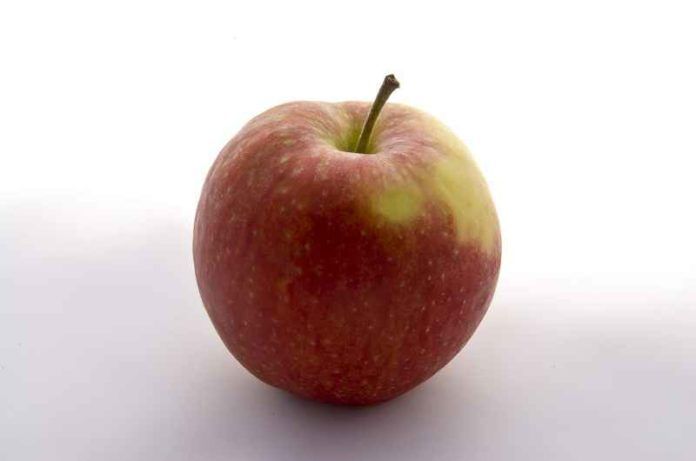Caloric restriction (CR) acts as a potential lifespan extending tool for weight loss in comparison to doing exercise daily. A new lead study by researchers in the United States has reported that following CR for 2 years not only resulted in diet-induced weight loss but also continued to have the acquired features even after the metabolic adaptation.
Calorie restriction (CR), also known as energy restriction, refers to a dietary regimen where calorie consumption is lowered but without malnutrition. CR increases longevity by delaying aging and onset of age-associated diseases. Generally, CR works by reducing the production of free radicals and oxidative damage caused to DNA, proteins, and lipids. In addition, the onset of several metabolic disorders such as diabetes, cardiovascular diseases, and cancers is most commonly reduced by alterations in neuroendocrine activities. Some studies have revealed CR can reduce weight in normal individuals (non-obese) in relation to various aspects of body composition, energy expenditure (EE), hormone concentrations, lipid profile, insulin sensitivity and cognitive function. In order to understand the weight loss and the persistence of physiologically-acquired behaviours induced by CR interventions, a follow-up study was carried out by Ravussin and co-researchers in the United States in non-obese individuals. The interesting results of the study were published in the American Journal of Clinical Nutrition, 2017.
Researchers performed a follow-up study in 39 non-obese individuals with body mass index (BMI) ranging from 22-28 kg/m2. These participants were originally subjected to 25% CR (n=24) or ad libitum (control; n=15) diet for 2 years, 2 years prior to the start of this follow-up study. In order to understand the role of CR in relation to weight, body composition, physiological function and behaviors were assessed. This assessment was done after the intensive CR intervention was completed for 24 months as part of the Comprehensive Assessment of Long-Term Effects of Reducing Intake of Energy (CALERIE) 2 study at Pennington Biomedical.
The follow-up study results reported that 62.1% (n = 18) of patients in the CR group and 37.9% of controls in the follow-up study successfully completed the intervention for 24 months. After the CR intervention, weight loss of about 9.0 kg was observed in the CR group, in which only 54% of the weight was regained 2 years later. Despite such a regain of weight, the percentage of body fat and fat mass remained significantly less than that of the control group. At follow-up, the CR group was subjected to high degrees of dietary regimen and restriction of certain foods. It was noticed that there was a significant decrease in the weight intervention in the CR group individuals. Even after 2 years, individuals who gained 54% of weight have the body fat and fat content significantly lower when compared to control group. Therefore, CR has a significant impact on weight reduction and sustenance of it even after following lasting effects of acquired and dietary restraints.
In short, CR followed for 2 years can lead to weight loss and existence of persistent lasting effects on behavior and dietary restraint in non-obese individuals, which can be seen 2 years after stopping CR. Analysis of caloric restriction in small samples and various comparisons allowed for more valid study results. Furthermore, consideration of larger numbers of normal individuals subjected to CR would give a clear insight in evaluating weight loss and its maintenance for a specific time period.
Written By: Manche Santoshi, PhD



